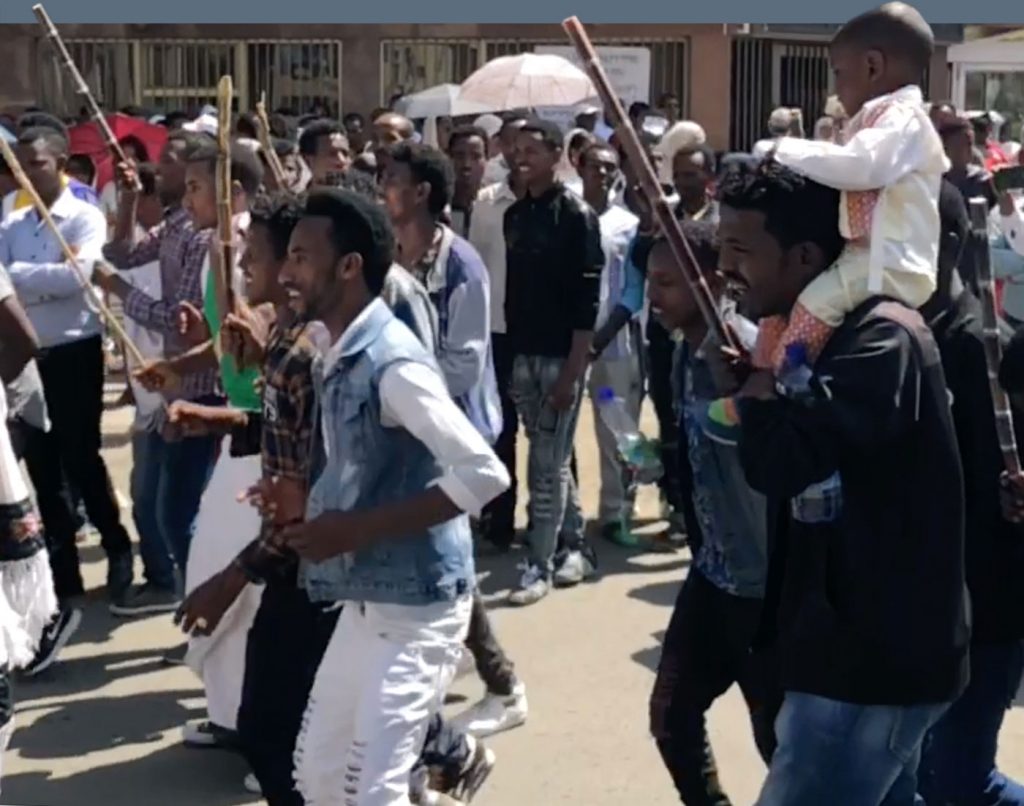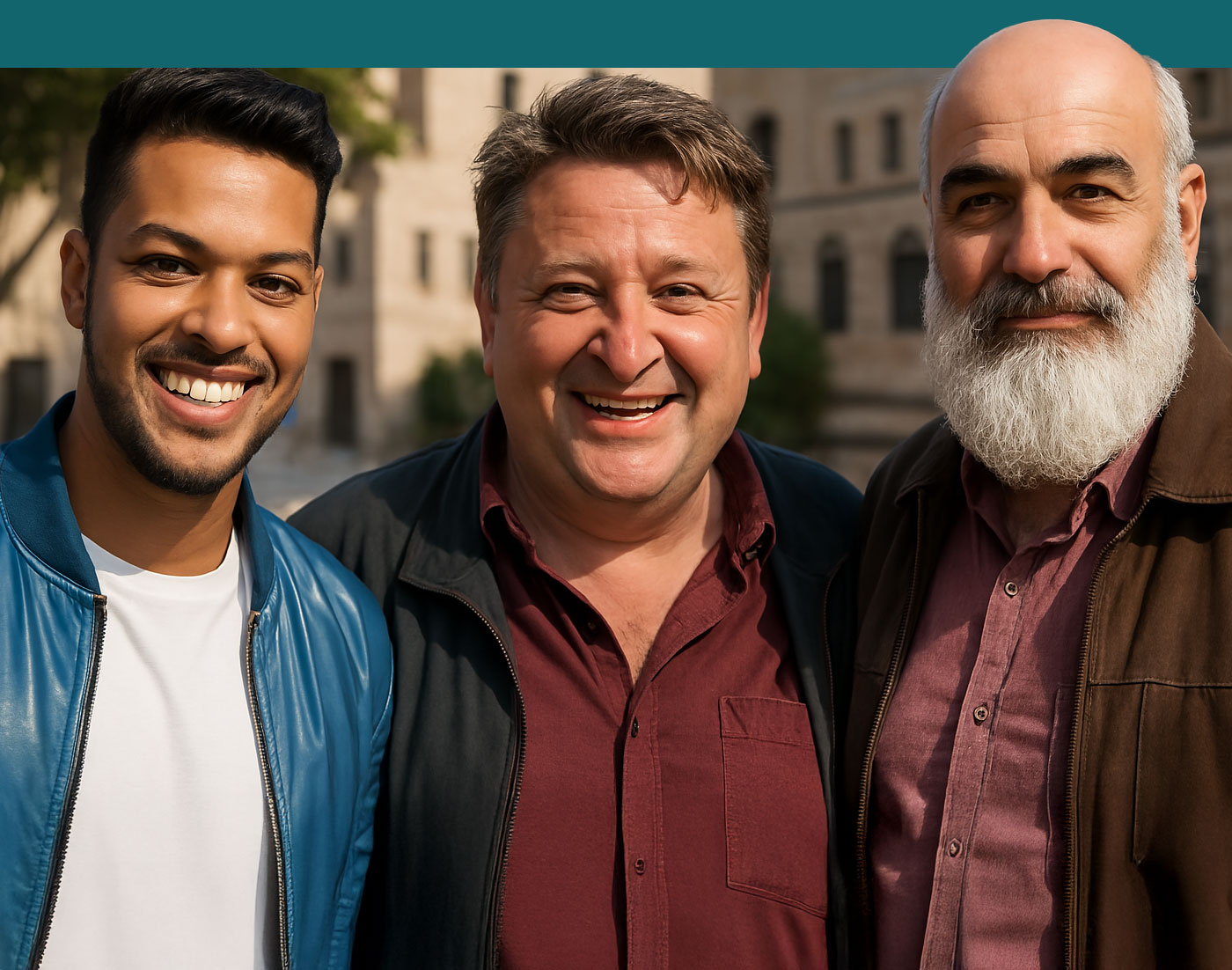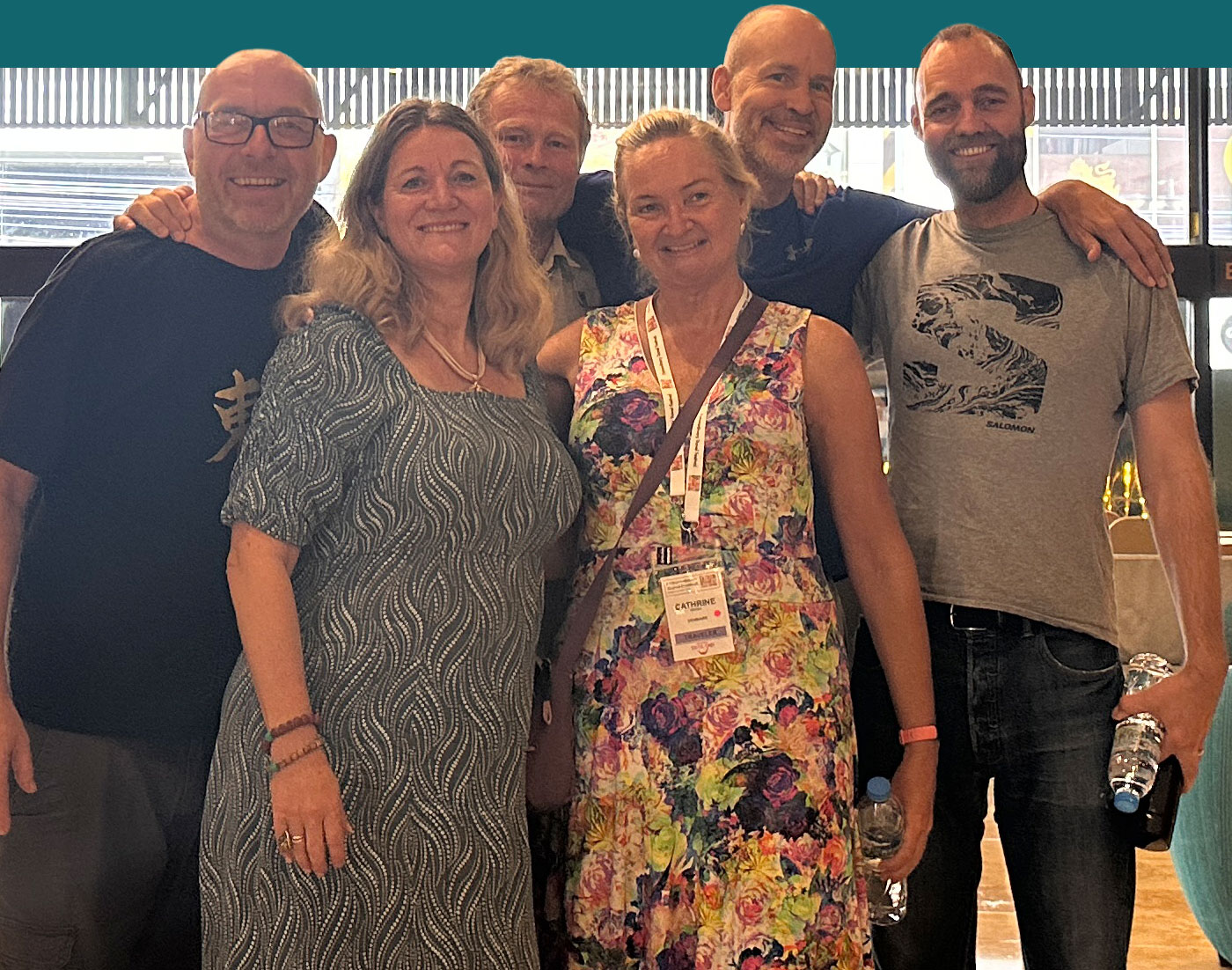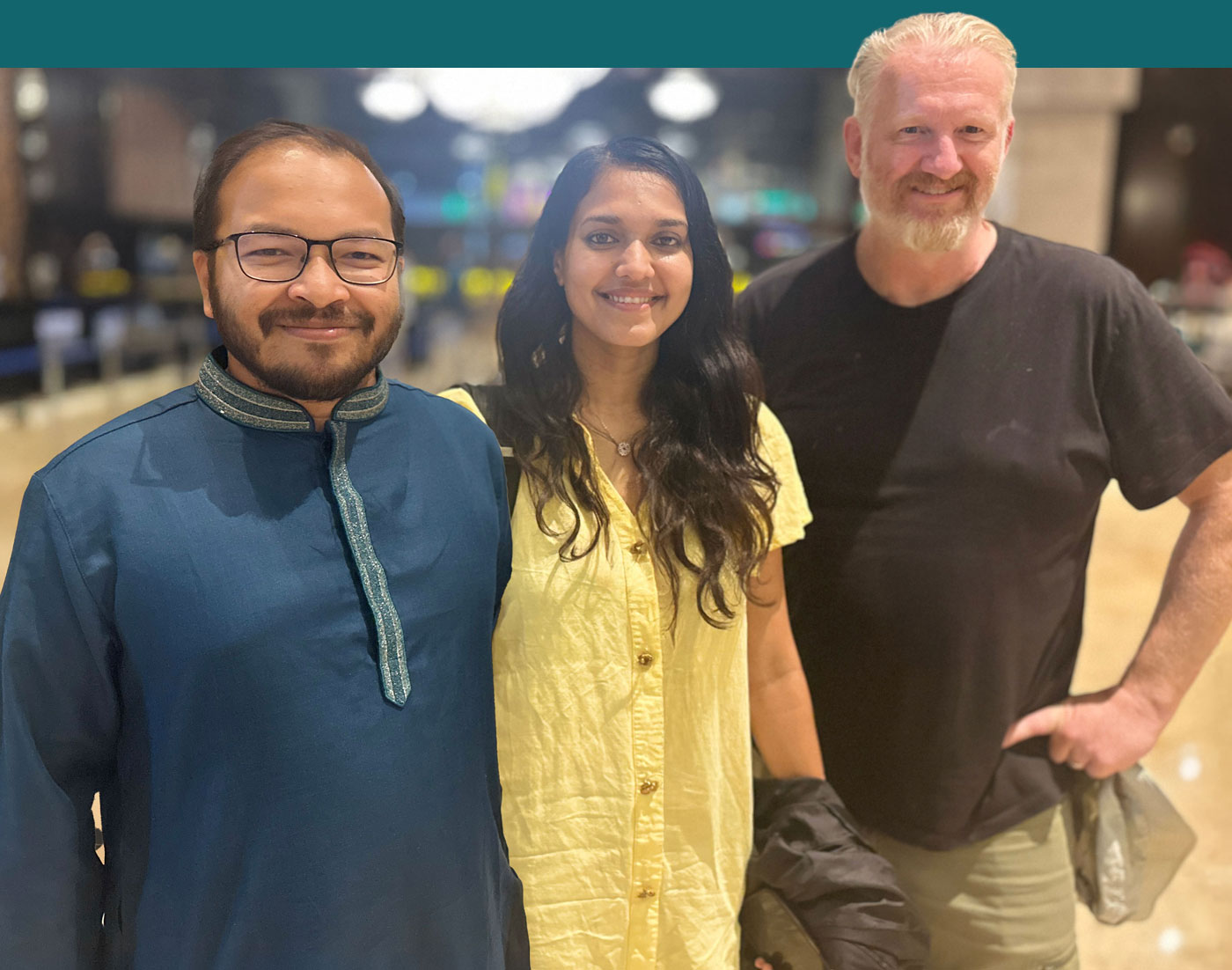When I left you on my African journey, I was in Conakry, Guinea, in the western part of Africa. By then I had been traveling overland – except for one flight from Dakar to Conakry – in small crammed cars and minibusses on bad roads.
ROUGH TRAVELING
It was from Fez in the northern part of Morocco to Rabat, Casablanca, Marrakesh, Tiznit, Tan-Tan. Then back to Tiznit when I needed to go to the hospital, down to Dakhla in Western Sahara, Nouakchott in Mauritania, Dakar in Senegal, The Gambia, Cap Skirring in Senegal, Guinea-Bissau, and then back through The Gambia to Dakar to catch a flight to Conakry.
All in all the transport overland was 5750 kilometers – more than 3500 miles.
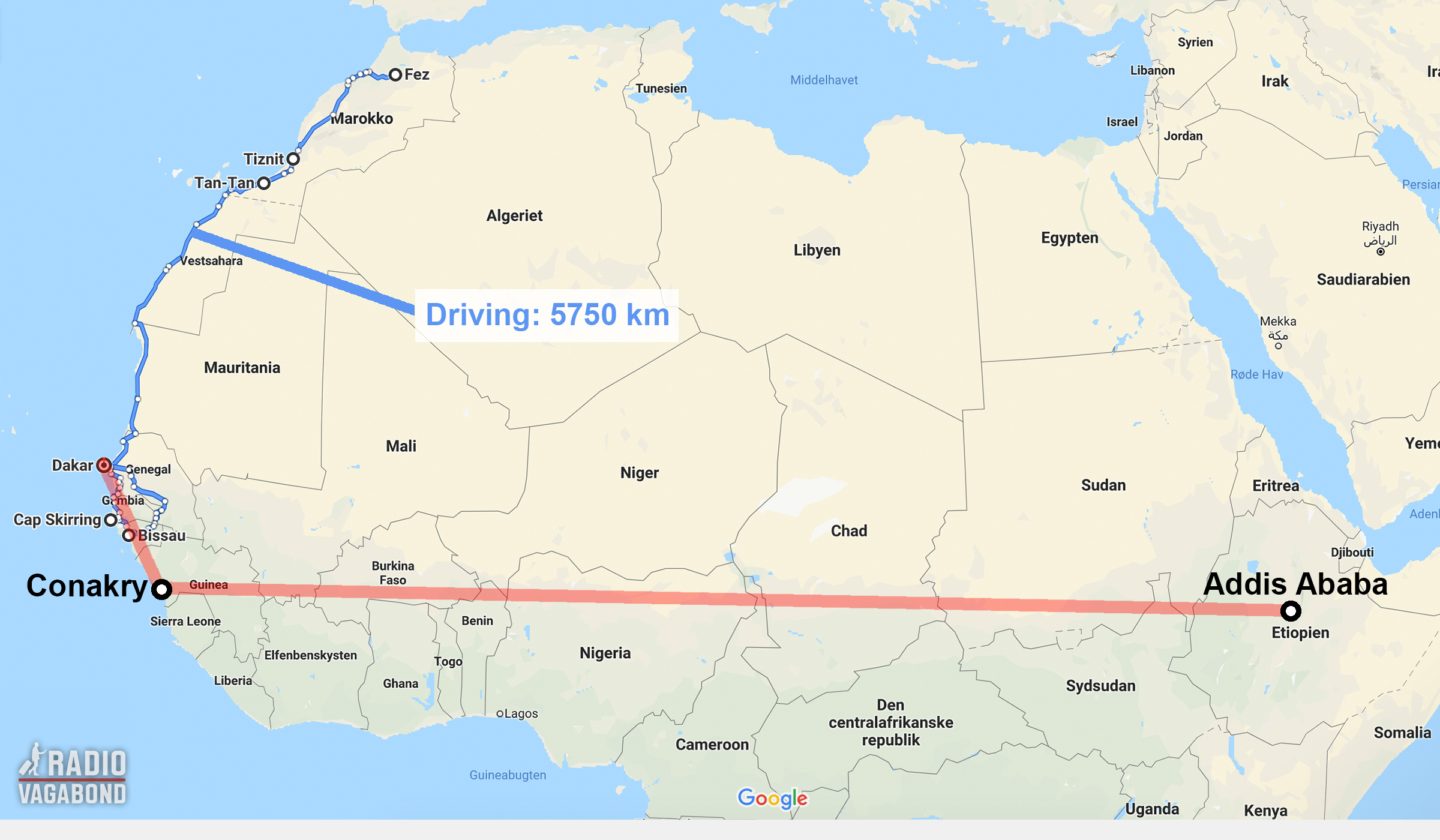
The busses in Morocco was fairly nice, but then they became smaller, older and much more noisy with a lot less room to move. Sometimes those tiny minibusses had a live squealing pig tied to the roof.
And sometimes, it was the so-called “sept-place.” Usually, an old Peugeot station wagon converted into a seven-seater. Seven plus the driver.
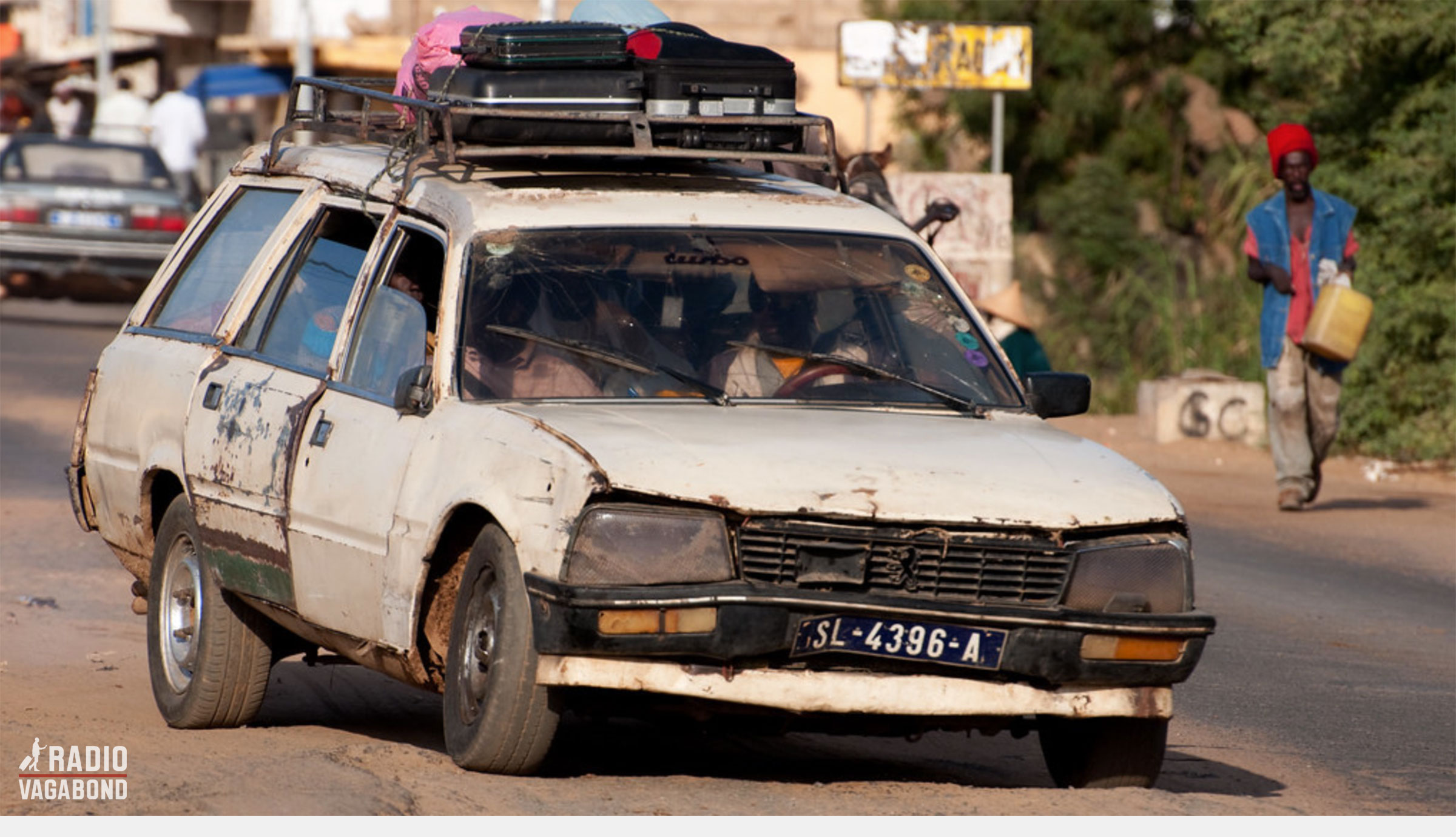
None of these have air-conditioned or any schedule. They leave when all the seats are sold. You always had to negotiate the price, and always knew that you were paying many times more than the locals. Just because you’re a white westerner – so obviously you’re rich.
The last of these drives was the last leg of the 1000 km drive from Guinea-Bissau to Dakar. Here I negotiated too hard and “only” paid double everyone else, and as punishment, I was given the worst seat in the back corner of this old Peugeot.
It was the seat with the lowest ceiling and less legroom than any other seat. As the tallest man in the car I couldn’t feel my legs after 10 minutes and kept banging my head against the metal beam in the ceiling right over my head whenever the car hit one of the many potholes on the roads. And they were all over.
I’m not saying this to give the impression that I hated my three months in Western Africa. Because I didn’t. On the contrary: I loved it! I met so many amazing people, and it was such an adventure. But I was tired – both mentally and physically, and started to look into a way to get down to one of my favorite cities, Cape Town.
I came across a flight with Ethiopian Air from Conakry. On the same ticket I was able to have a two-day stop-over in a country and a city, I hadn’t been to before. So instead of flying south from Conakry to Cape Town, I was heading straight east – to Addis Ababa.
BIGGEST RELIGIOUS EVENT OF THE YEAR
As soon as I landed, I checked into Bole Skygate Hotel – a nice little airport hotel, and the next morning I was woken up by the sound of thousands of people getting ready for a parade outside my hotel. I went out into the area where the parade was going on.
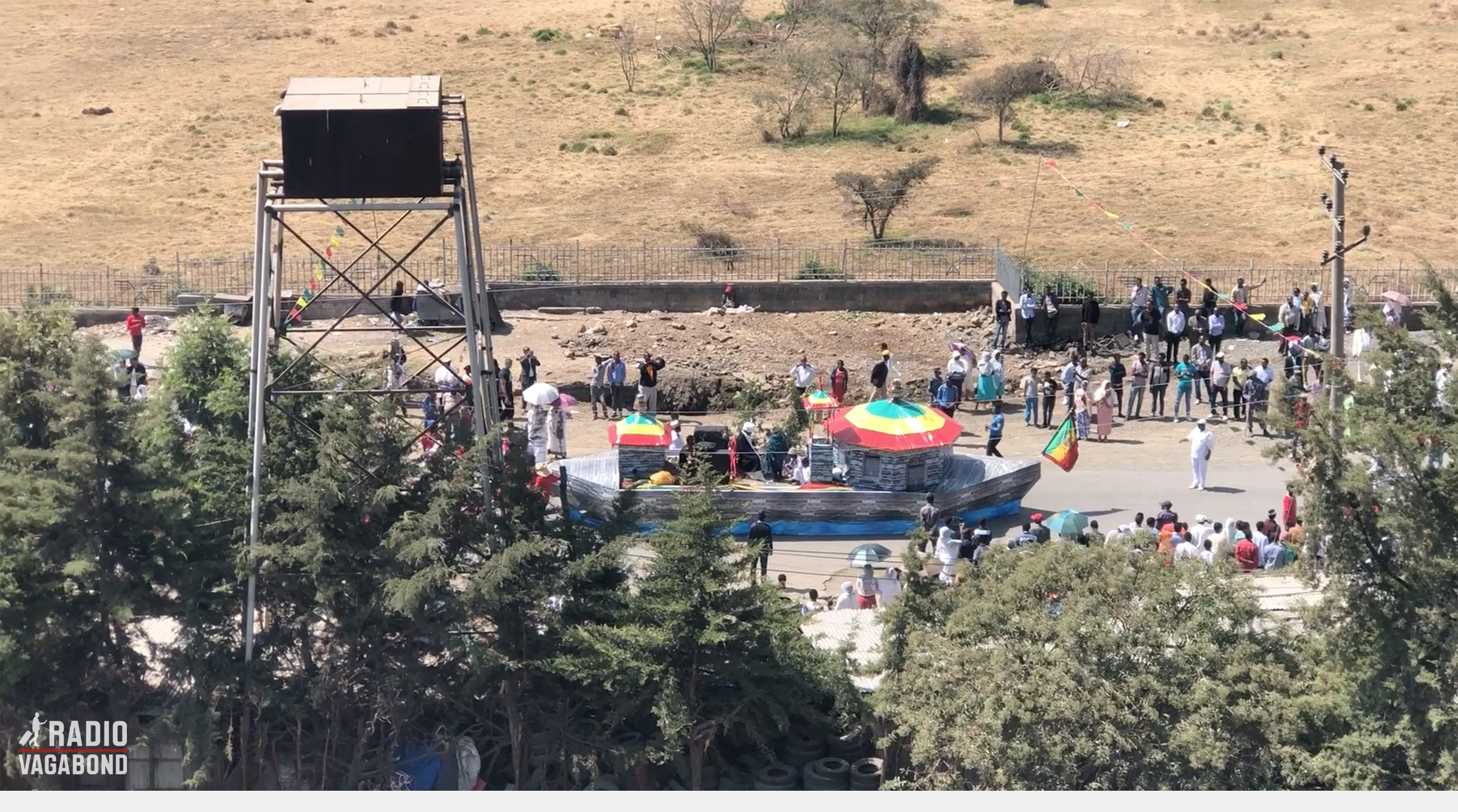
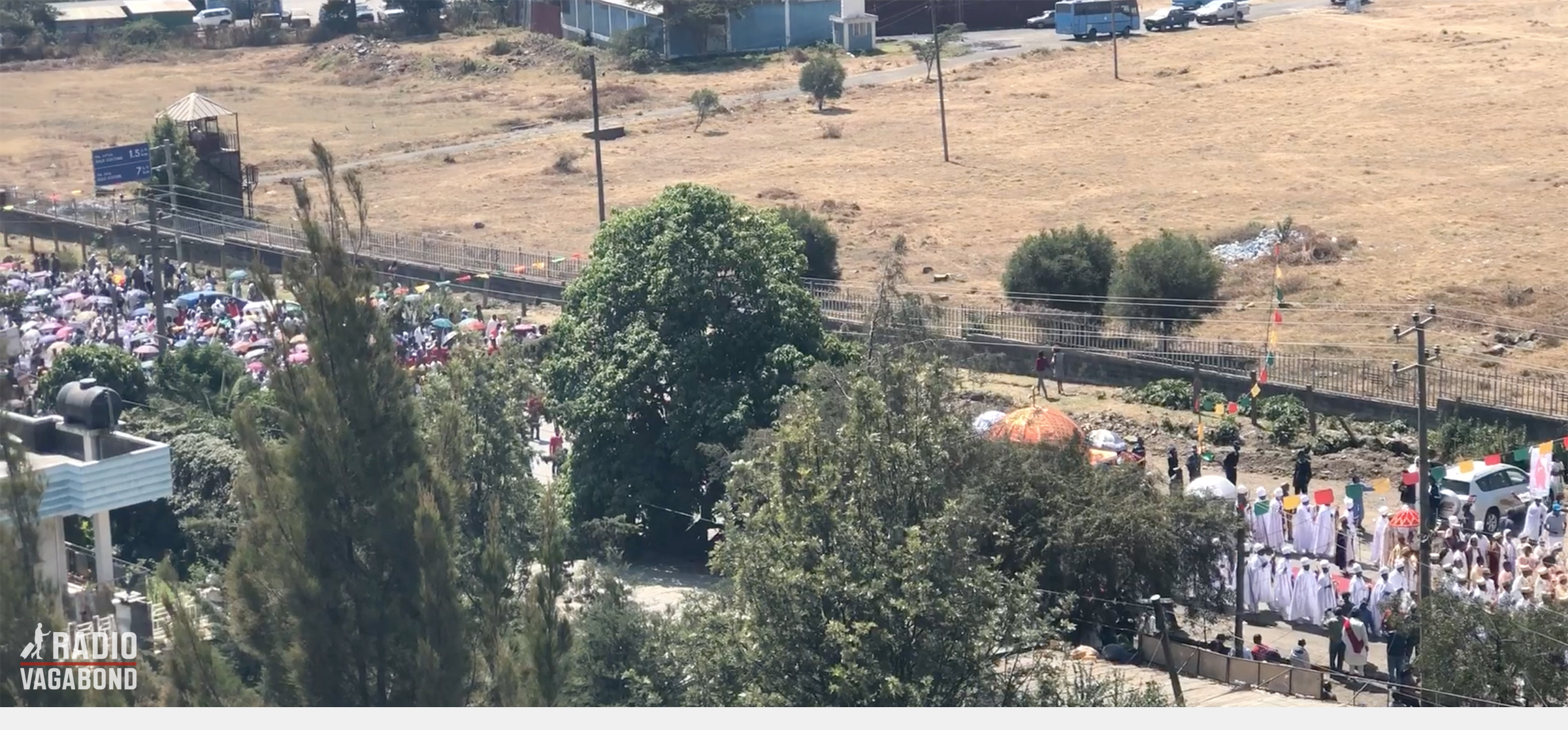
This is a religious celebration called Timkat. It’s the most important ceremony of the Ethiopian Orthodox Church, the feast of the epiphany that celebrates the baptism of Jesus Christ in the Jordan River. It’s celebrating on January 19 and by pure coincidence just the next day after I arrived.
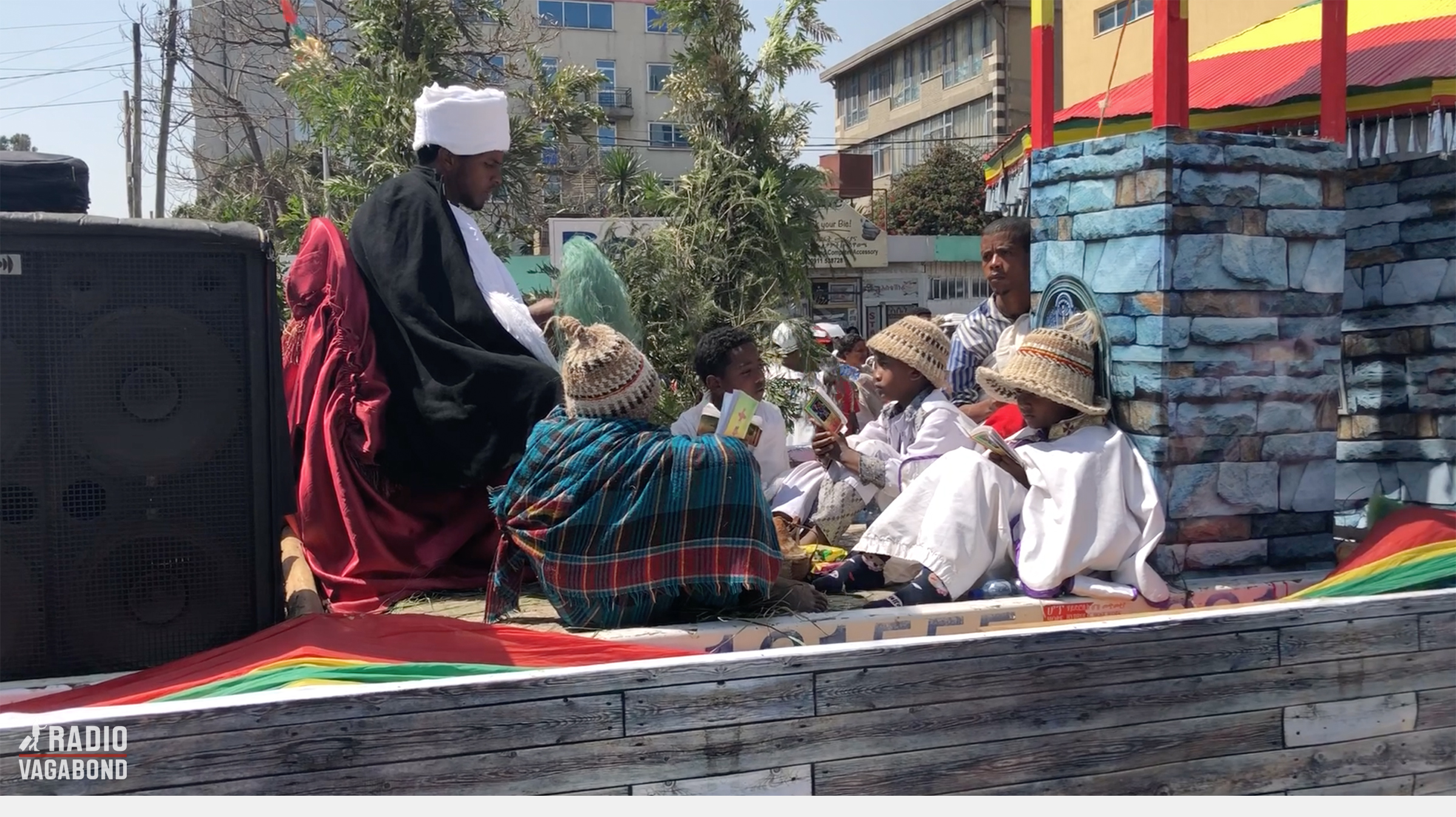
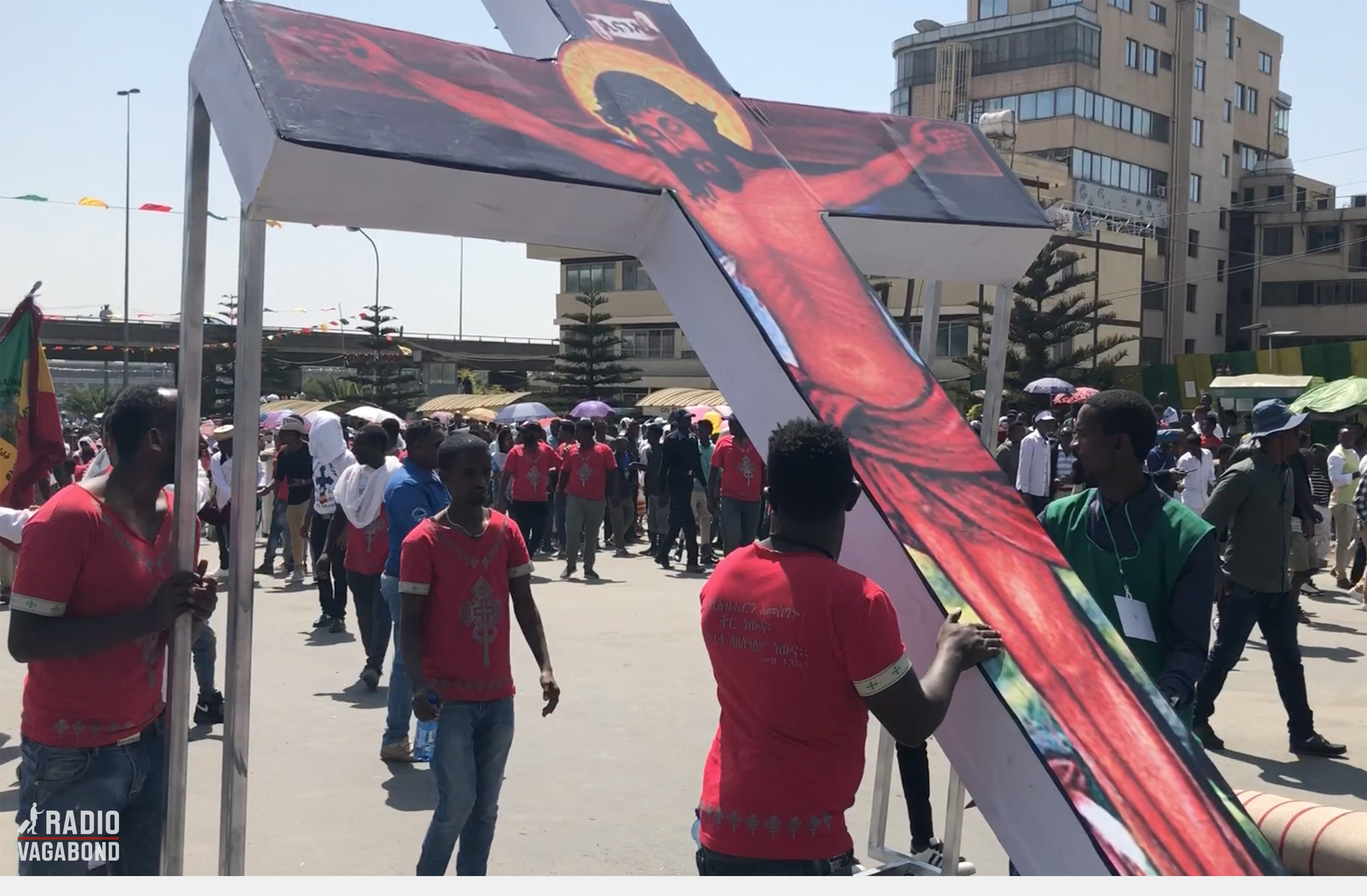
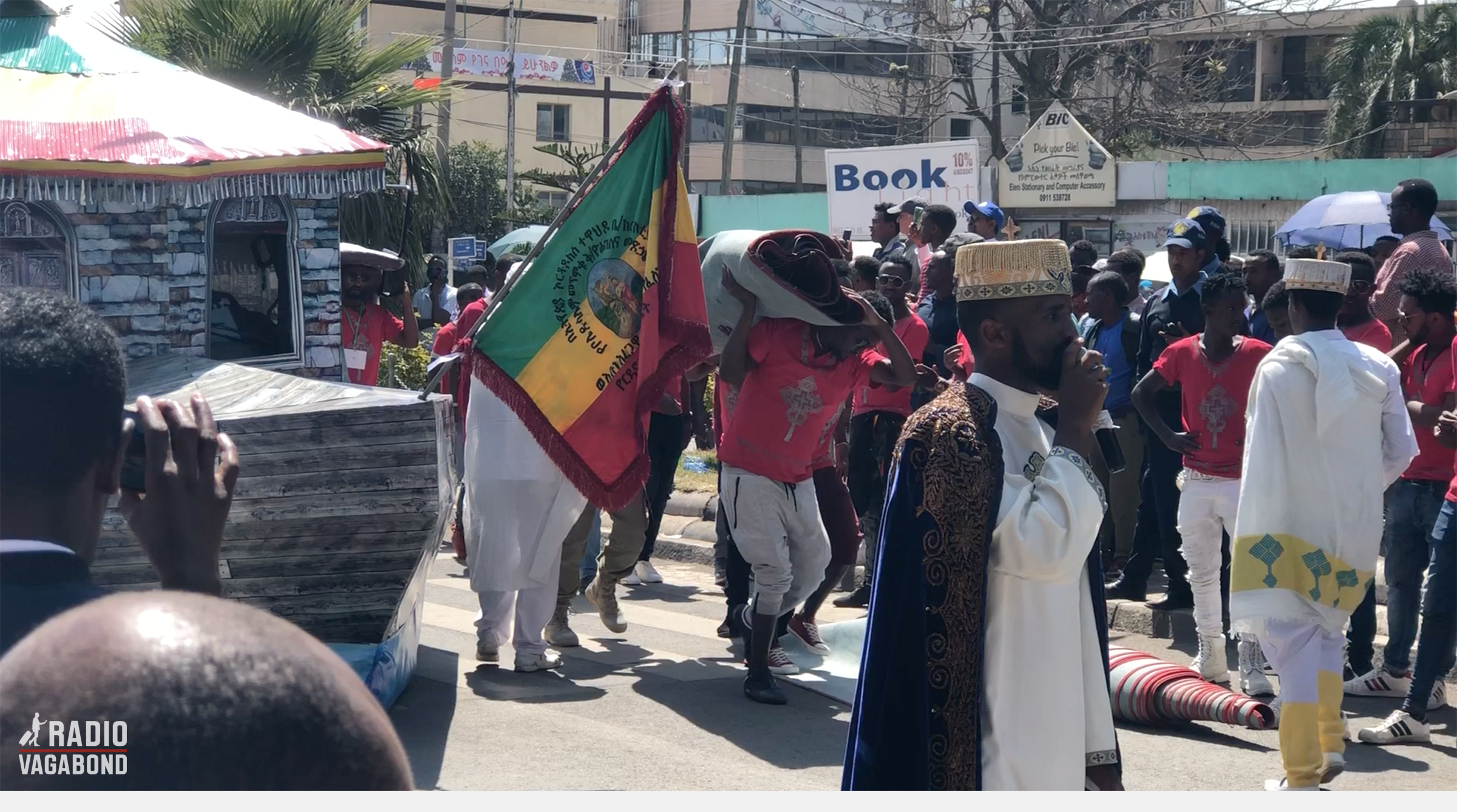
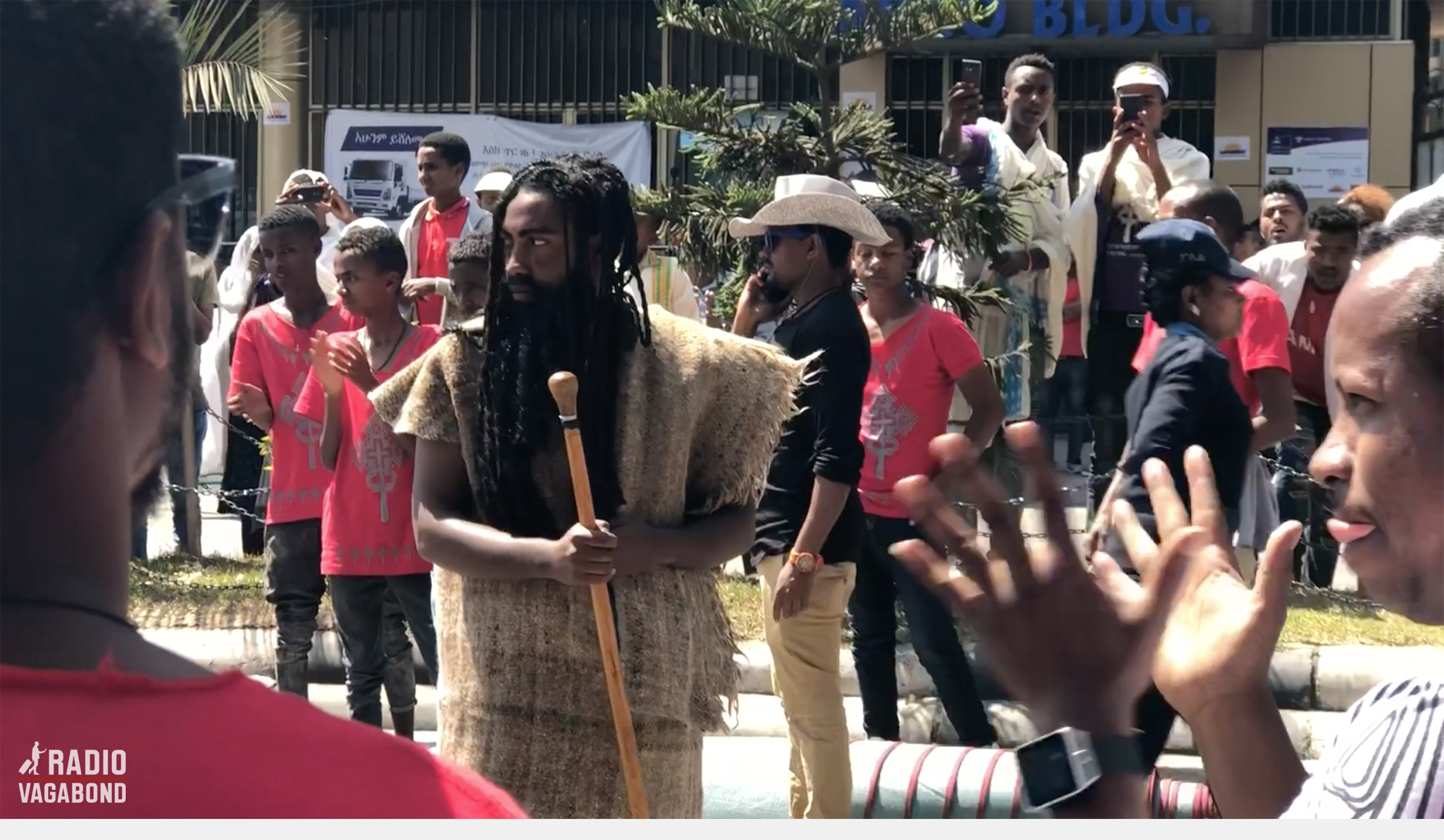
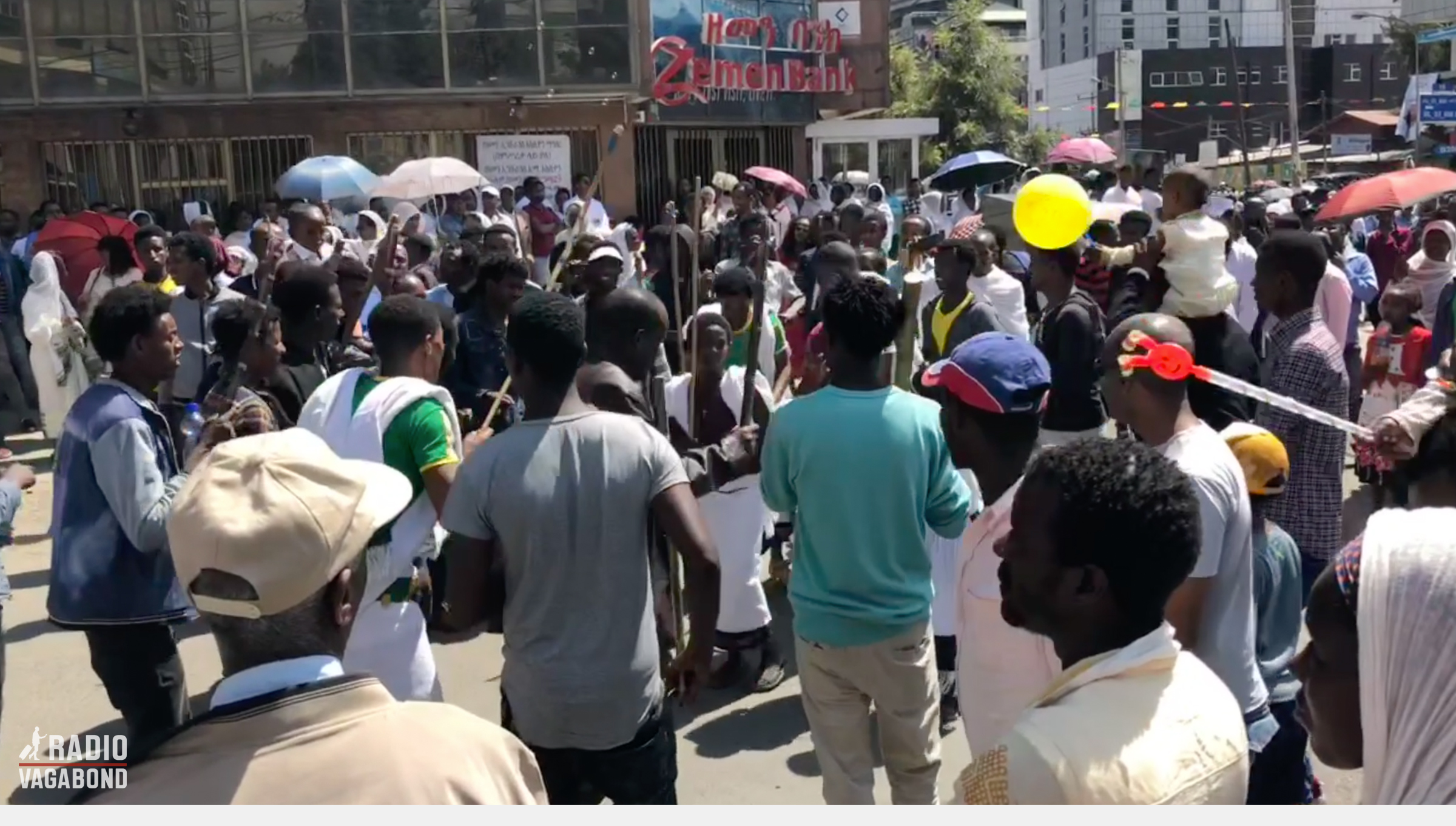
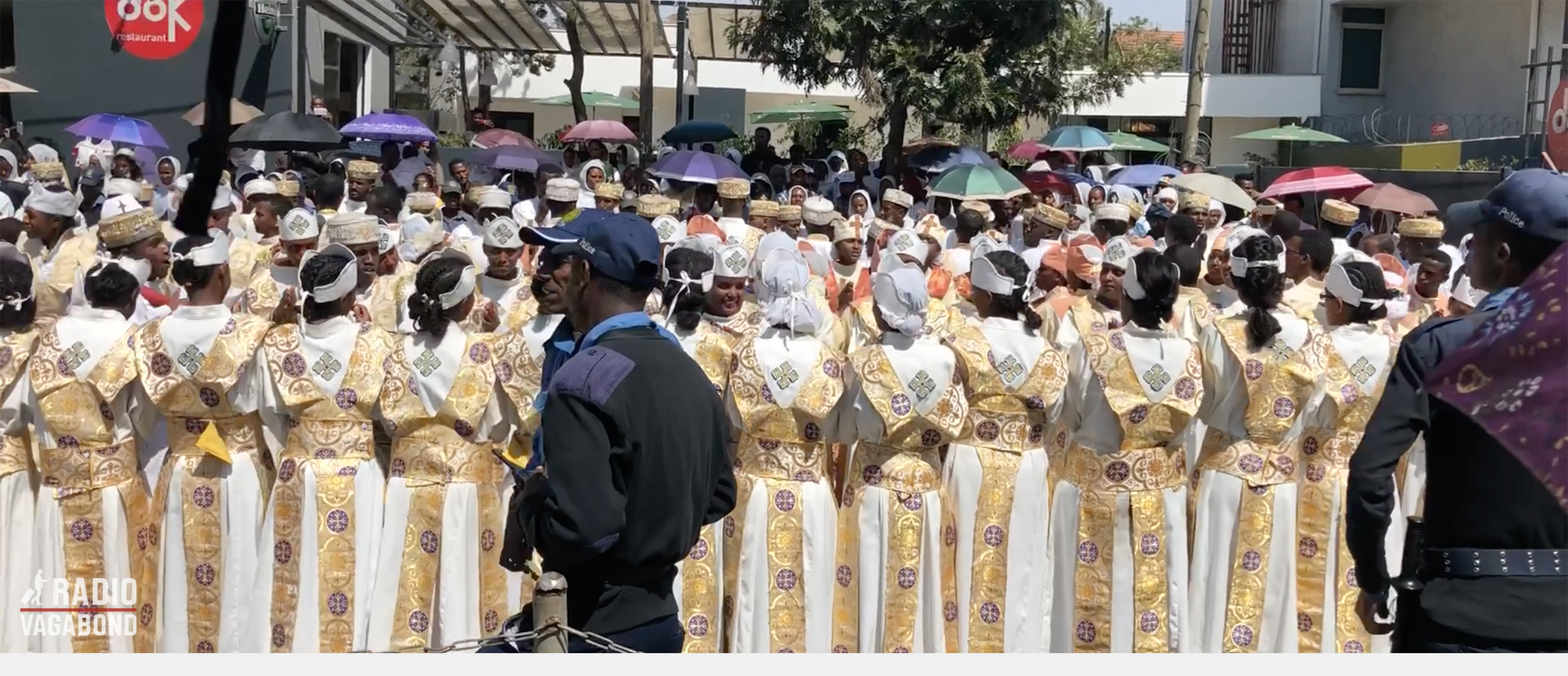
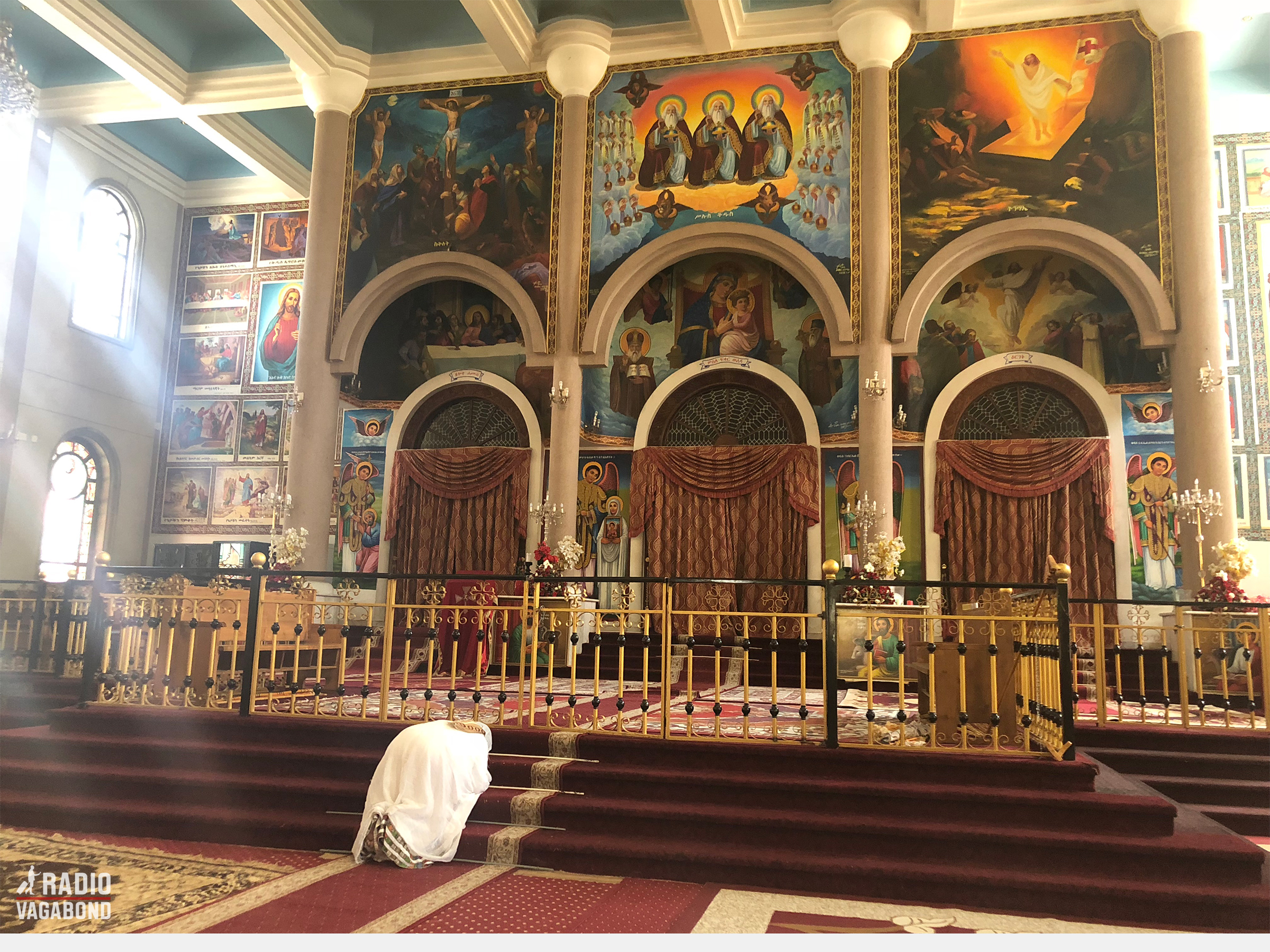
During the ceremony, a replica off the ark of the government is wrapped in rich cloth and taken in procession. The singing, dancing and the procession itself was truly a spectacular sight.
TOURING ADDIS ABABA
In the afternoon I’ve arranged with Tom, a local driver and tour guide to take me around Addis Ababa for a few hours.
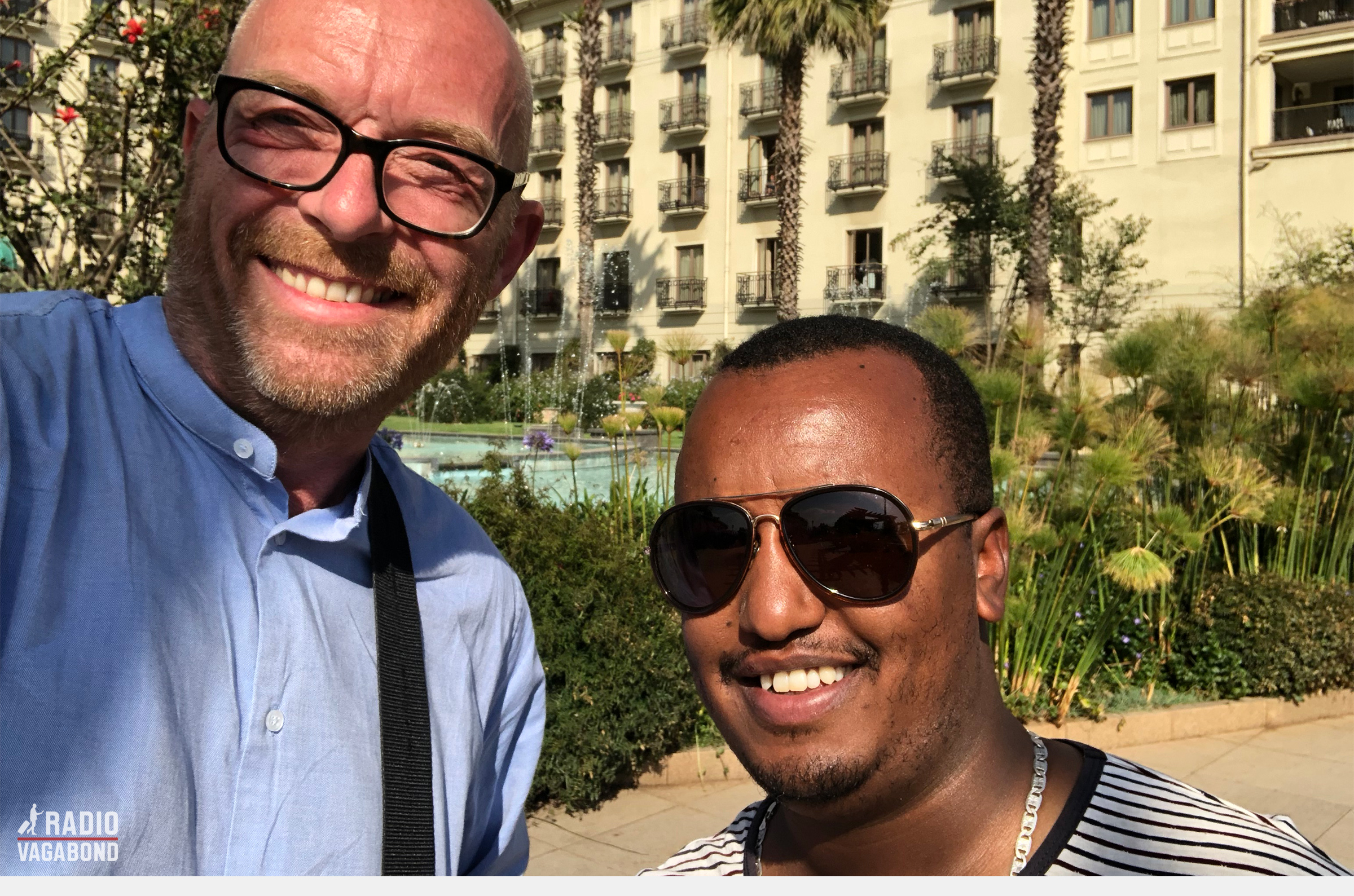
Addis Ababa is the capital and largest city of Ethiopia. According to my research, the city has a population of 2.7 million inhabitants – but Tom thinks it’s closer to 6 million.
It is where the African Union is headquartered, and where its predecessor, the Organisation of African Unity was based. It also hosts the headquarters of the United Nations Economic Commission for Africa, as well as various other continental and international organizations. Addis Ababa is therefore often referred to as “The political capital of Africa” for its historical, diplomatic and political significance for the continent.
IS ETHIOPIA DEMOCRATIC?
The government of Ethiopia is a federal parliamentary republic, where the Prime Minister is the head of government. The government chooses the prime minister. The laws are made in both the government and the two chambers of parliament. The 108 seat House of Federation has members chosen by the state assemblies to serve five-year terms. And the 547-seat House of People’s Representatives is elected by direct election. So on paper, it all sounds good and democratic.
However, there’s a thing called “Democracy Index” that makes a list of how democratic countries are. It measures the state of democracy in 167 countries compiled by the Economist Intelligence Unit (EIU). On this list, the Scandinavian countries and New Zealand are on top of the list – and North Korea is on the bottom.
Ethiopia is number 128 on the list. So way down.
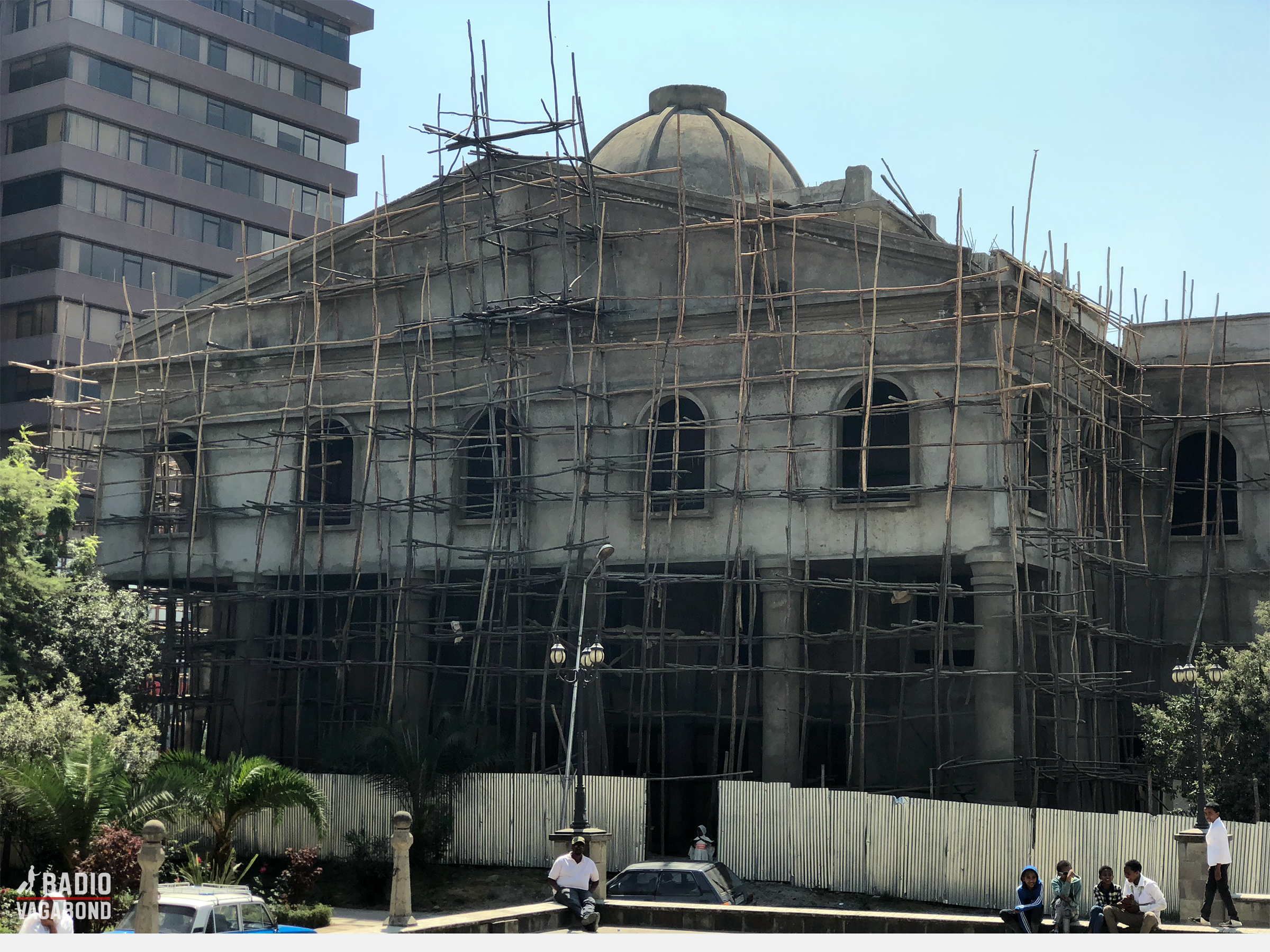
In the car with Tom, we just passed the parliament.
“This is where the stupid idea has come from,” Tom says. “I don’t like the government at all because they don’t do good things for poor people. So that’s why I called them stupid.”
I said that I heard that it is a democracy and that they do have free elections.
“We have the name only. We are ruled by force, and nobody’s happy with the government.”
“But you get to vote? “, I say.
Tom: “I don’t want to vote anymore. My vote didn’t bring any change here.”
Me: “Do you think the elections are rigged?”
Tom: “Yes, 100%.”
When I ask him if they protest or demonstrate, he tells me that when they try to protest the government, they started killing the people.
LUXURY IN ADDIS ABABA
We pull into a car park because Tom wanted to show me a big park with swimming pools and fountains behind the Sheraton Addis hotel. It’s a five-star luxury hotel where the rooms start at 400 € per night. We saw kids playing in the pool, someone posing for wedding photos and generally rich people hanging out.
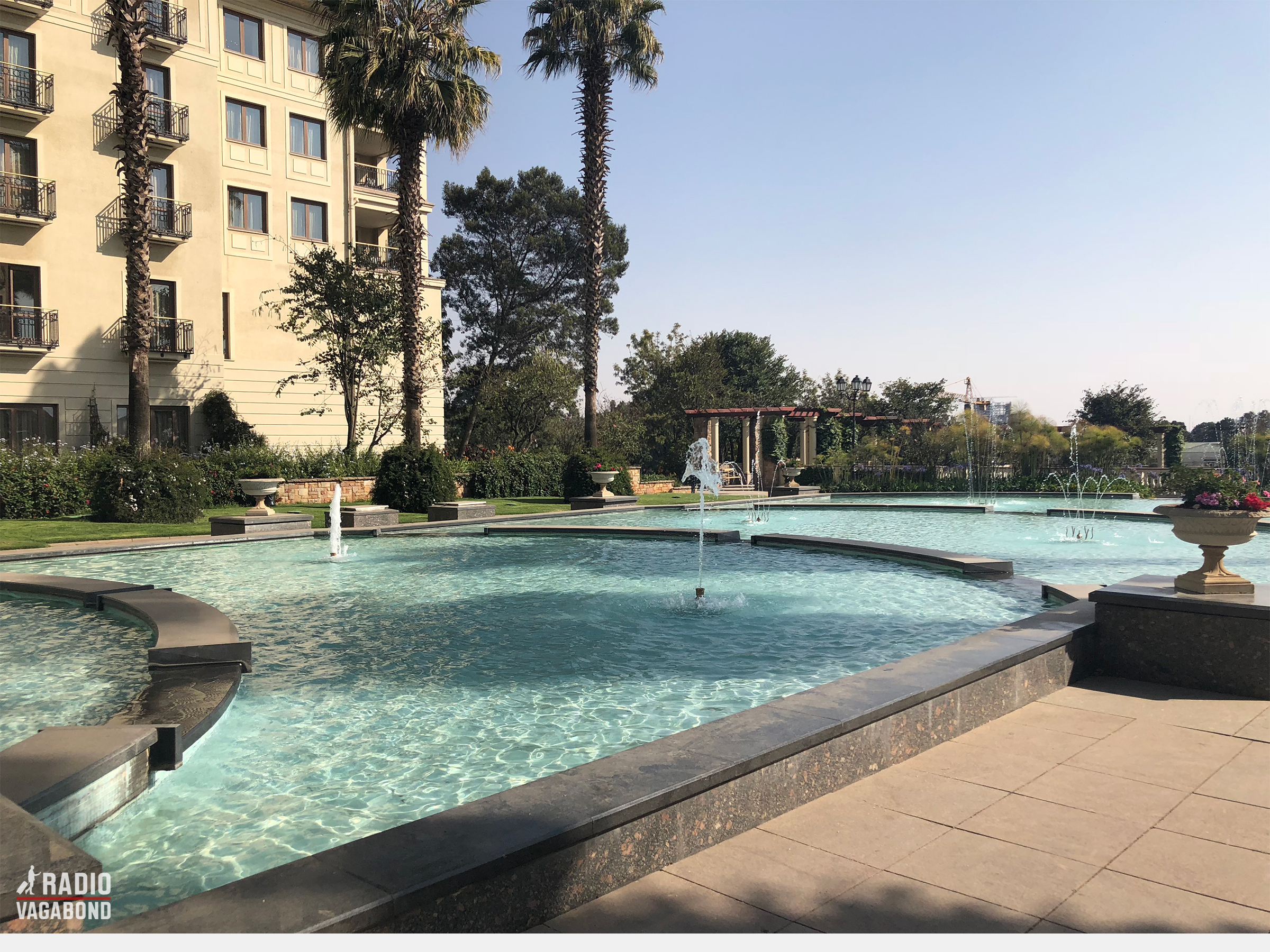
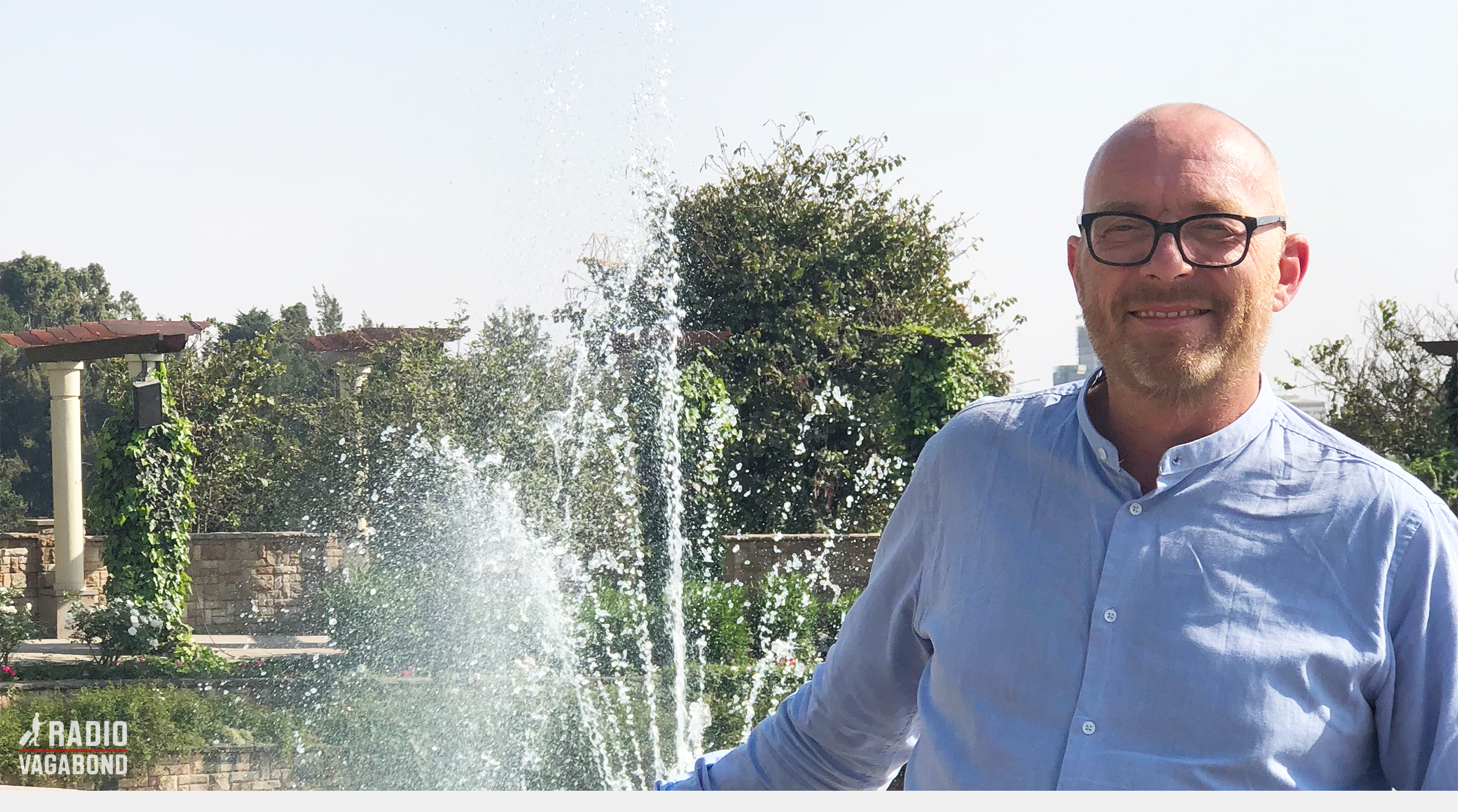

I didn’t ask for this, but I guess Tom thought that he wanted to show me something he was proud of in his city. It was nice to see another side of Ethiopia, but it wasn’t what I was there for. So after an hour, we got back in the car to see a bit more of the authentic Addis.
THIS WAS A GREAT DAY – SO FAR
This had been a great day up until now. But as soon as I say goodbye to Tom, things turn bad.
In the next episode, I get a text message that makes me think that I’m going to die. Also, I get scammed.
